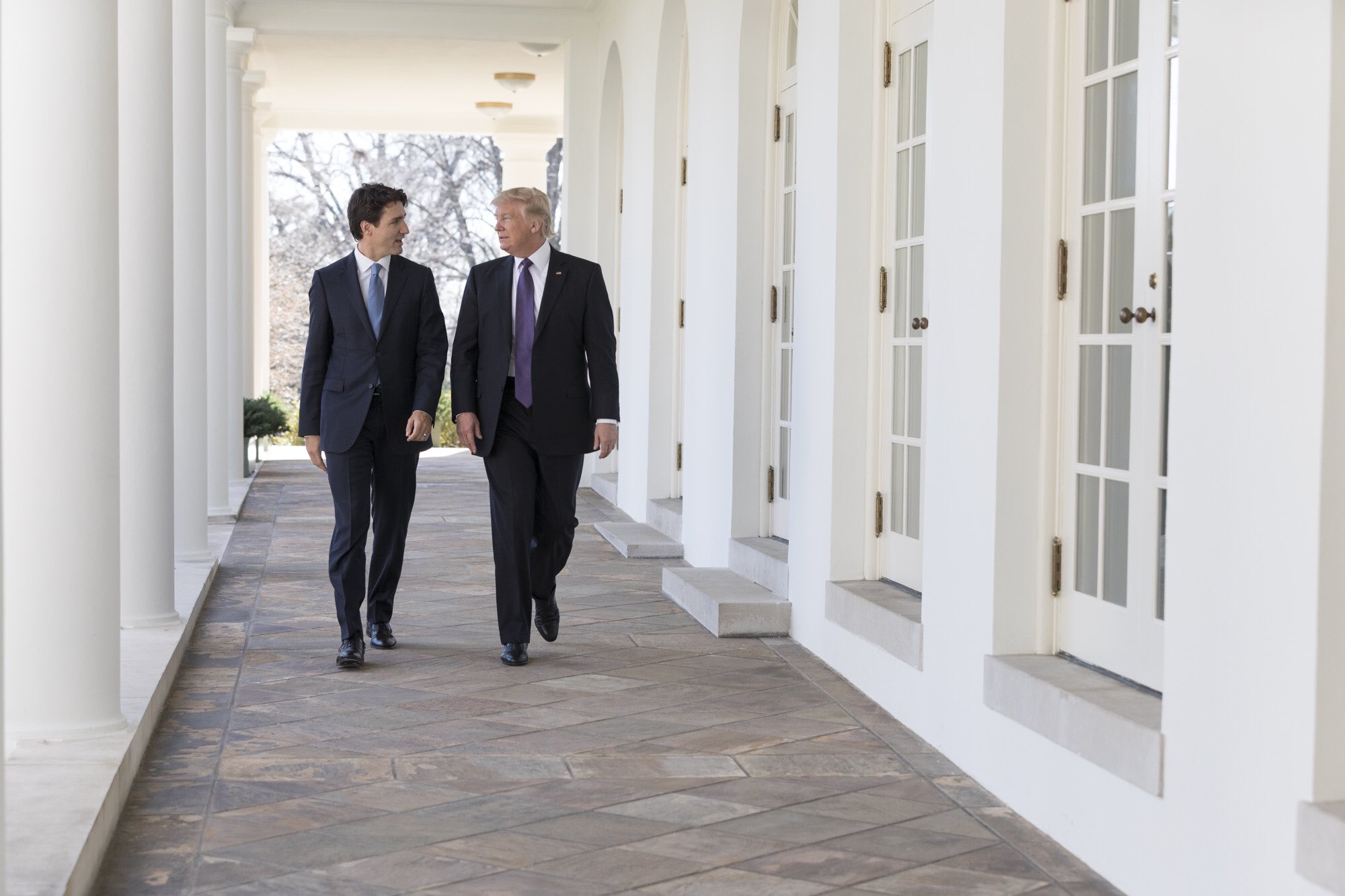
Canada and the United States have once again agreed to not lift yet the border restrictions they put in place for non-essential trips until next month.
This was announced by Canadian Prime Minister Justin Trudeau at a press conference on Parliament Hill on Thursday, July 16.
“Once again, Canada and the United States have agreed to extend the current border measures by one month until August 21st. We’re going to keep working closely with our American neighbors to keep people safe on both sides of the border,” Trudeau said.
Acting U.S. Homeland Security Secretary Chad Wolf also confirmed this on Twitter, saying that having a “close collaboration with our neighbors has allowed us to respond to #COVID19 in a North American approach and slow the travel-related spread of the virus.”
Based on the success of the existing restrictions and close collaboration with Mexico and Canada, @DHSgov will continue to limit non-essential travel at our land ports of entry with Canada and Mexico until Aug 20.
— Acting Secretary Chad Wolf (@DHS_Wolf) July 16, 2020
This is the fourth time that the two countries extended the border closure to non-essential travel. They first implemented the travel restrictions in March due to the coronavirus disease 2019 (COVID-19), and have been extending it in an effort to avoid the further increase in the number of coronavirus infections. Prior to the Thursday announcement, the latest extension is expected to end on July 21.
[READ: Canada, U.S. keep border closed until July 21, Trudeau says]
The U.S., still being the hardest-hit country by the global pandemic, has so far 3.5 million total infections, with more than 138,000 deaths. Canada, on the other hand, has more than 108,000 confirmed cases, with more than 8,800 deaths.
It was earlier reported based on the survey from Nanos Research conducted for The Globe and Mail, that 81 percent of Canadians were in favor of keeping the border between Canada and the U.S. closed for non-essential travels, as the number of people who contracted the virus continues to spike in other parts of the world.